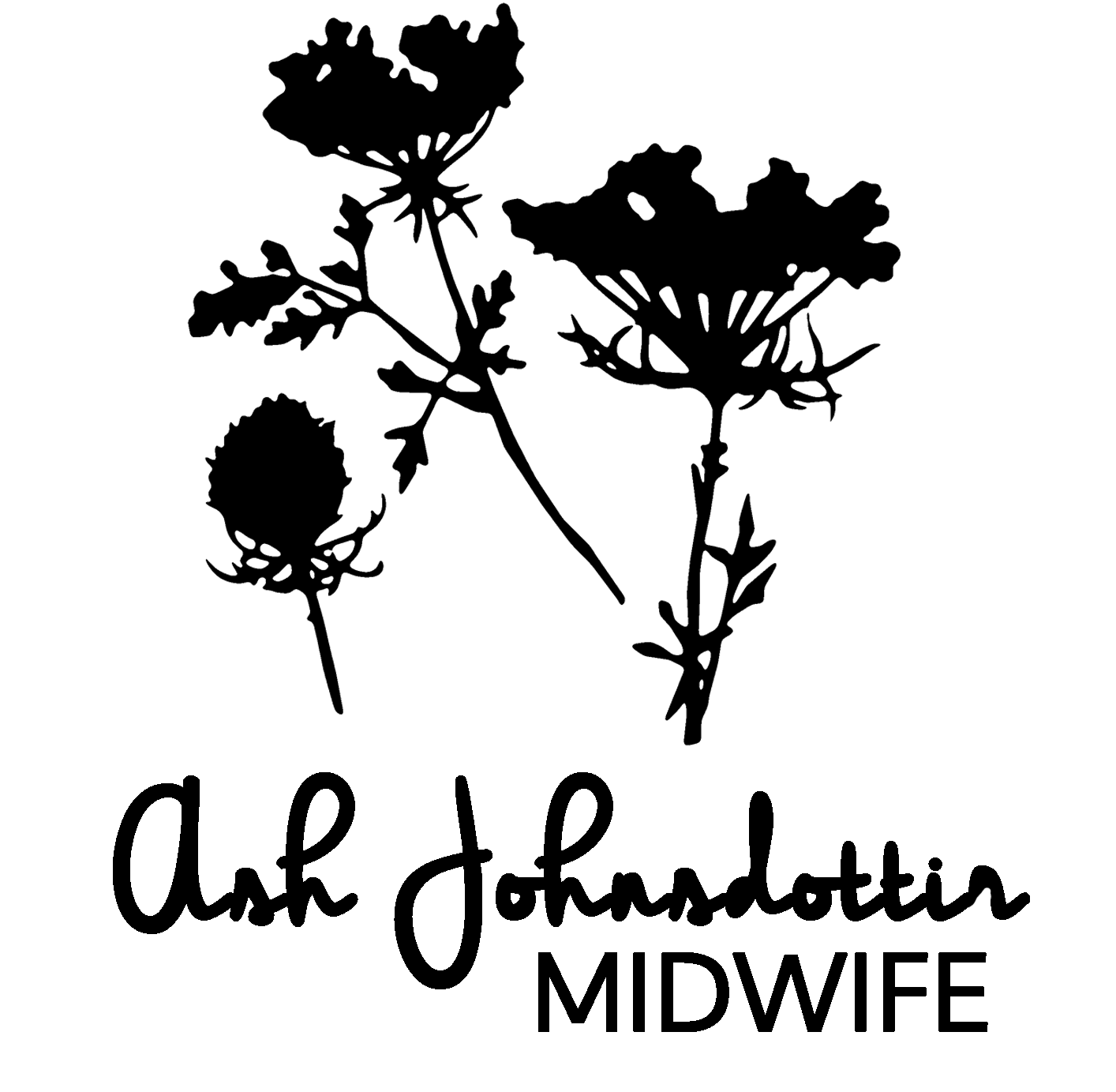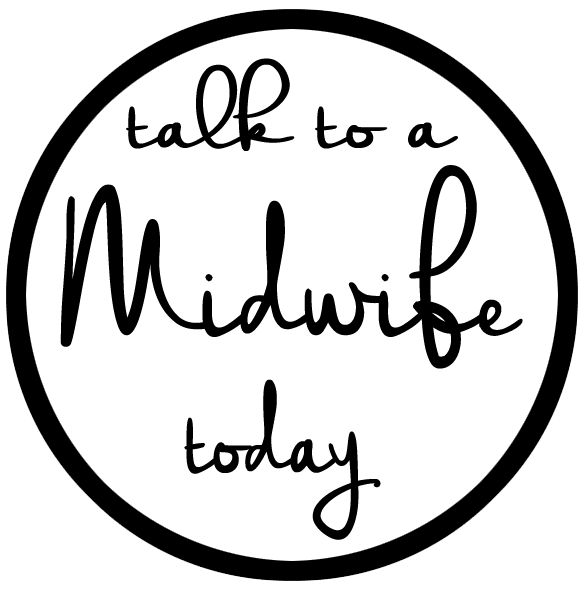Yes! For women with (or without) health insurance, we have flexible payment plans and services for billing your health insurance and obtaining reimbursement. Even if you’ve already called your health insurance and they told you they “don’t cover home birth”- that’s probably not true! Our practice bills for the cost of prenatal birth, postpartum and global maternity services using the same codes that hospitals and standard OB clinics use to bill. When you call, we can discuss how your maternity care coverage works. We also have options for financing if desired, including 0% APR options .
We can also help you get an In Network Exceptions/Waivers (GAP) when necessary. Even if you have been told home birth is not covered, or only covered with a nurse-midwife, most families can still obtain coverage for home birth midwifery care.
New provisions in the affordable care act mandate coverage for state-licensed practitioners providing covered services. Private plans vary in coverage, and we can help you learn more about your coverage before you start care.
For women on Oregon Health Plan/Medicaid, it works differently. When you call we can review your options.
A doula offers emotional support & assistance during birth but does not provide any sort of health care for the mother or baby. Training to become a midwife takes many years of study and apprenticeship, and obtaining a state license as a health care provider. In contrast, anyone can act as a doula to provide friendly support during labor with just a bit of reading or a short training course. Both serve women during labor and birth but have very different roles. A monitrice works in both roles depending on the setting.
MIDWIFE services include complete health & medical care for mother and baby, including prenatal, birth, and postpartum care. These services are for women planning to give birth at home.
MONITRICE services are for women who want to labor at home and give birth in a hospital. This includes medical care and progress assessments while laboring at home, and then nonmedical doula support in the hospital. It can also include custom options for prenatal and postpartum care.
DOULA services include non-medical labor support for women with a planned hospital birth who don’t desire support at home before they go to the hospital.
We handle any emergencies or high-risk situations that arise. It starts with prenatal care to make sure both you and baby are staying healthy and low risk, ensuring you are within the low-risk criteria for Oregon midwife home birth risk guidelines. This care is one of the many reasons Oregon Birth Certificate Data proves that the risk of home birth with a licensed midwife is safe, and comparable to the risks of hospital birth. In the case of a complication during the birth, we are trained in neonatal resuscitation and CPR, we carry IV fluids, and anti-hemorrhagic drugs (Pitocin/oxytocin, Cytotec/misoprostol, methergine)- and we don't hesitate to transfer care if it's necessary for safety.
When appropriate, midwifery care also provides the option to address complications and emergencies during pregnancy and birth in a way that is more holistic and friendly to both mother and baby. For example, heavier postpartum bleeding or a retained placenta can be addressed in some cases with botanicals instead of standard anti-hemorrhagic drugs (but we have those too in case they are needed!). If the baby needs resuscitation, a hospital will clamp the cord and take the baby across the room, leaving you without your baby and unable to see what’s happening. But we carry equipment and have the experience so we do most resuscitations WITHOUT separation from the mother OR premature cord clamping. You can expect little touches like this throughout your whole experience, where the focus is on delivering the perfect BALANCE of HOLISTIC & MODERN MEDICAL care that is just right for you.
In any case, the vast majority of women who plan to give birth at home will not need to transfer care. And the vast majority of the women who do need a transfer for medical care will not need an ambulance or emergency services.

